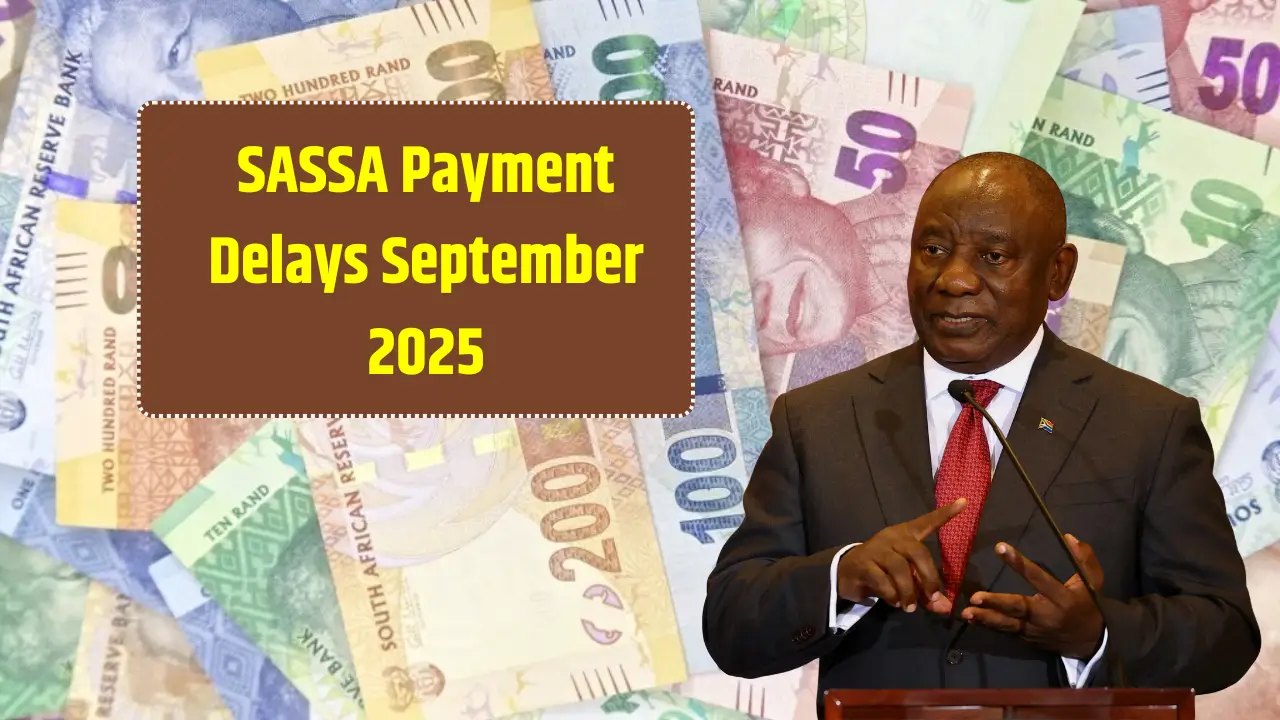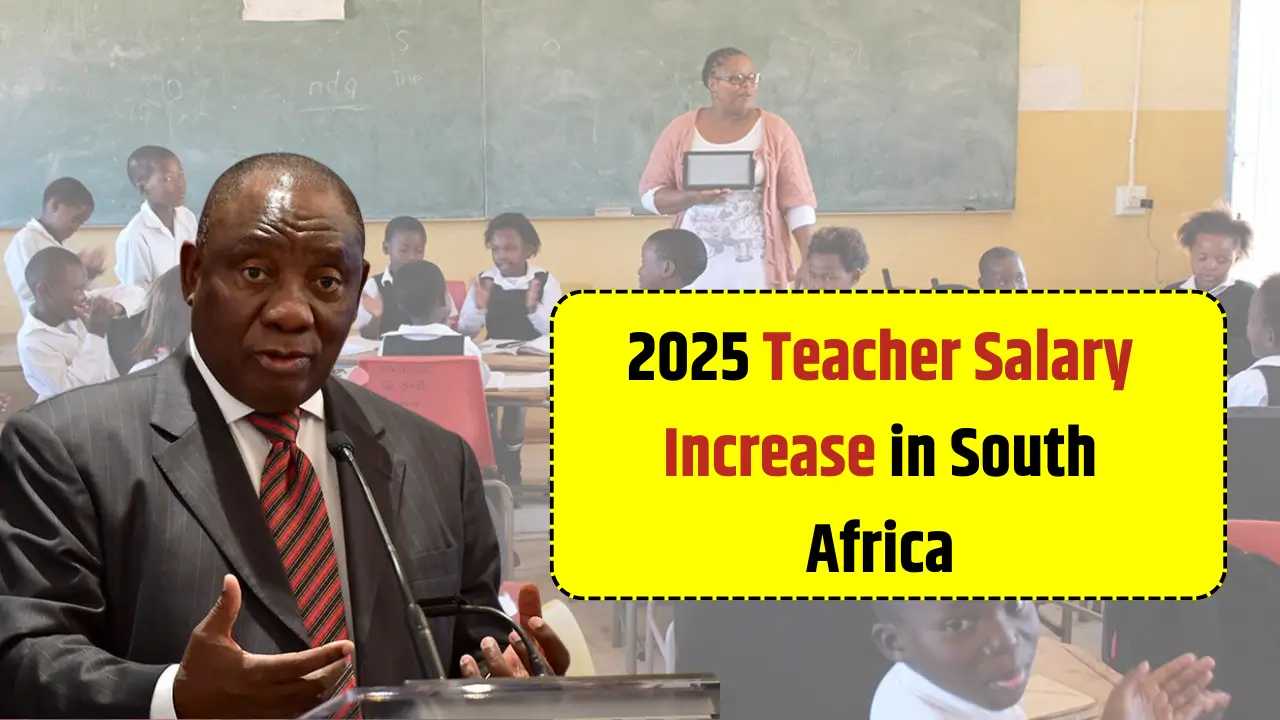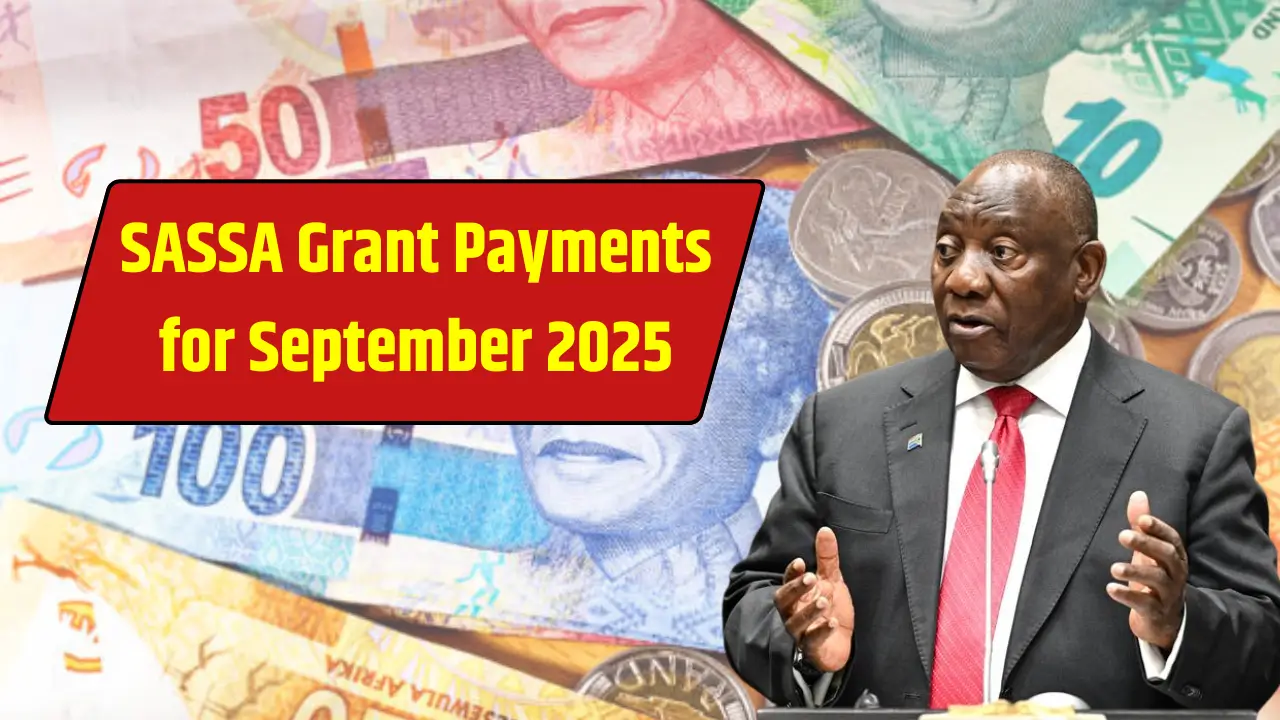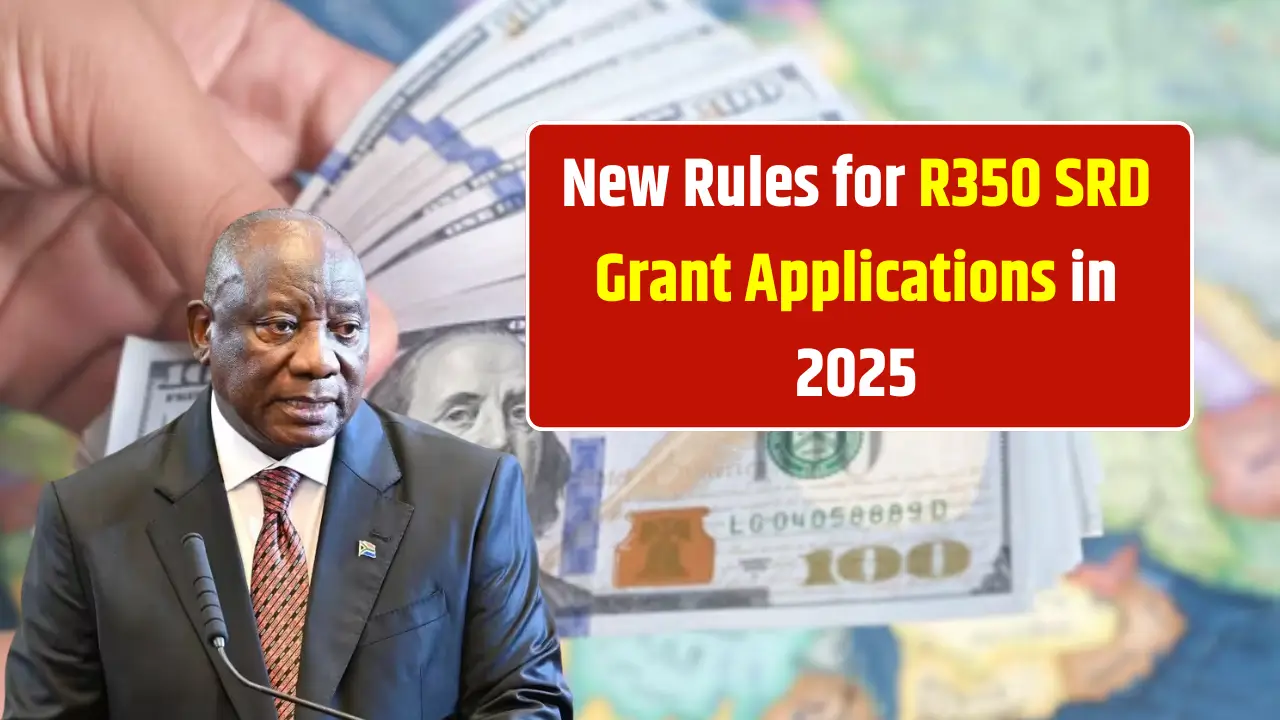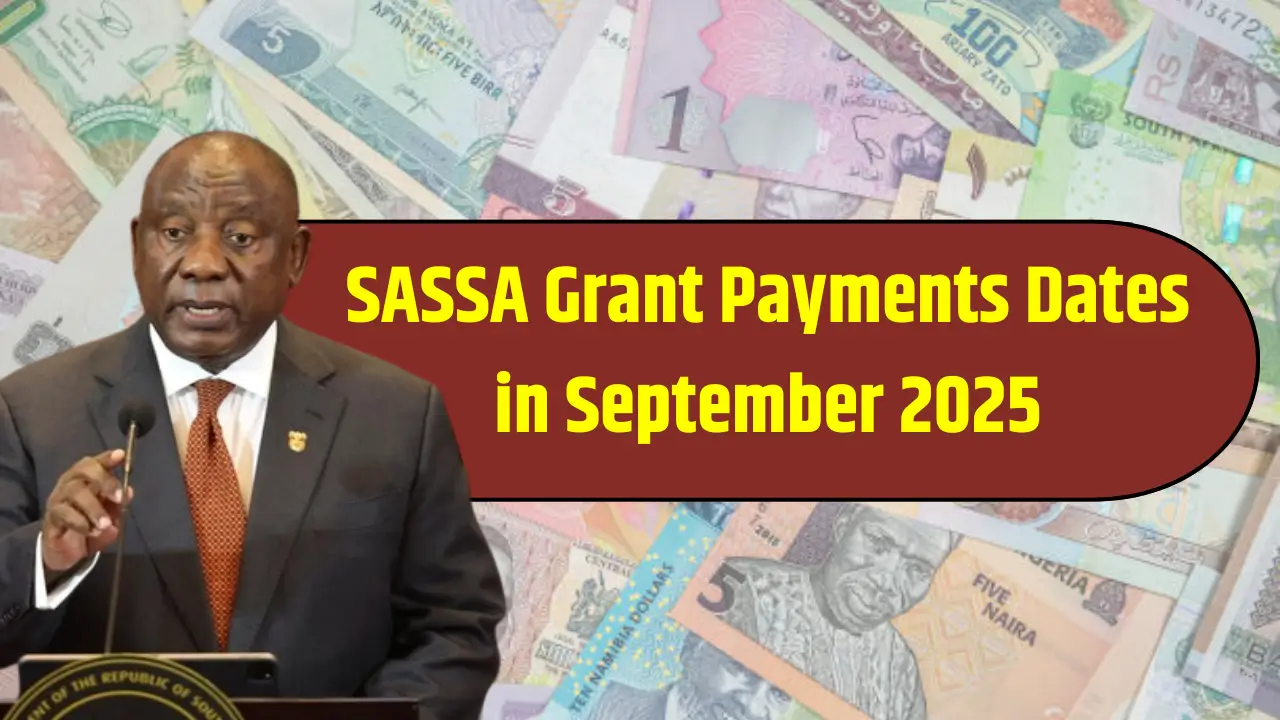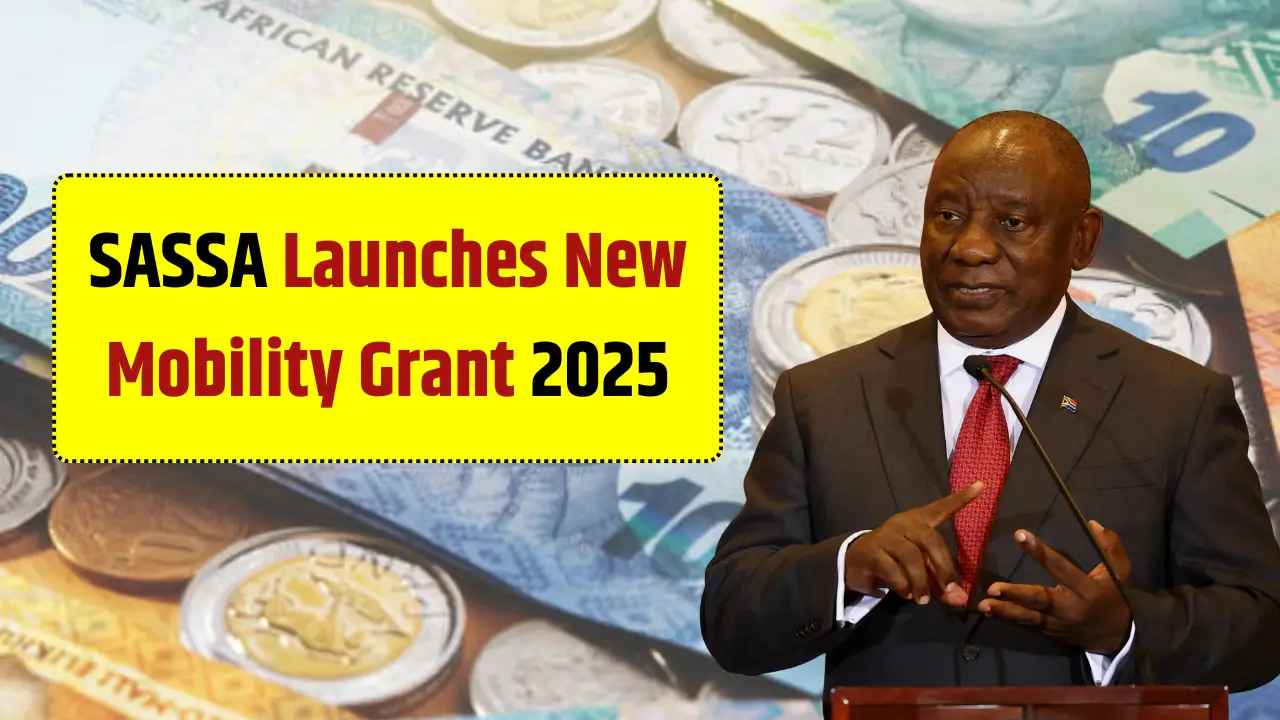SASSA Payment Chaos September 2025: In September 2025, the South African Social Security Agency (SASSA) is facing significant payment delays affecting approximately 200,000 beneficiaries.
These delays are primarily the result of challenges surrounding the newly implemented mandatory biometric verification process.
While this step aims to improve fraud prevention and ensure grants reach the rightful recipients, many beneficiaries are experiencing delays and disruptions in grant payments pending successful biometric authentication.
This article examines the background of the biometric verification rollout, the extent and impact of payment delays, official responses, and guidance for affected beneficiaries to resolve issues and receive their social grants promptly.
Background: Why Biometric Verification Was Introduced
SASSA’s introduction of biometric verification as of September 1, 2025, has marked a major overhaul in its social grant administration.
The aim is to curb longstanding issues such as identity fraud, duplicate claims, and ghost beneficiaries draining public resources. By capturing and verifying fingerprints or facial recognition data of applicants and current beneficiaries, SASSA seeks to enhance the integrity of grant distribution.
This approach was driven by government directives and Treasury conditions that tie budget allocations to stricter monitoring and verification measures. Prior to this, SASSA faced widespread criticism due to fraud losses and distribution inefficiencies.
How Biometric Verification Works
Biometric verification requires beneficiaries to physically visit a SASSA office or designated outreach locations to provide fingerprints or facial scans. This data cross-checks against existing records to confirm identity and eligibility status.
The process includes:
- Registration or re-verification of biometric data.
- Confirmation of beneficiary information such as income, residence, and grant eligibility.
- Flagging of suspicious or mismatched records for further review.
The system intends to eliminate fraudulent or erroneous payments before disbursement.
Impact of Verification-Related Payment Delays in September 2025
Although vital for program integrity, biometric verification has led to considerable payment delays:
- Approximately 200,000 grant recipients remain unpaid as of mid-September 2025.
- Delays mostly affect Older Person’s Grant, Child Support Grant, Foster Child Grant, and Care Dependency Grant beneficiaries flagged for re-verification.
- Beneficiaries who have not completed biometric enrolment or whose data requires updates are temporarily withheld from payments.
- Some rural and elderly beneficiaries face difficulties traveling to collection points, exacerbating delays.
Payment suspensions can cause severe financial hardship for vulnerable households dependent on monthly grants.
Official Statements and Mitigation Measures
SASSA and the Department of Social Development acknowledge the delays but emphasize that:
- There is no intention to withhold funds longer than necessary.
- Payment disbursement resumes promptly once biometric verification passes.
- Community Outreach Programme (ICROP) initiatives are underway to bring biometric services closer to beneficiaries’ homes across provinces like Limpopo, Mpumalanga, and the Eastern Cape.
- Beneficiaries are urged to promptly update banking and contact details to ensure smooth payment processing.
- Fraud control benefits the entire system, ensuring sustainability and fairness.
Authorities have committed to ongoing communication and support to resolve outstanding cases.
Step-by-Step Guidance for Affected Beneficiaries
- Complete Biometric Verification: Visit the nearest SASSA office or ICROP outreach centre with valid ID and supporting documents.
- Update Personal Details: Ensure that your banking details are accurate and registered under your name, as mismatched accounts delay payments.
- Check Application Status: Monitor your benefit status via official SASSA portals or contact centers.
- Report Issues: Contact SASSA help desks for guidance if you face obstacles in biometric registration or payment receipt.
- Avoid Scams: Only use official communication channels and beware of fraudulent offers claiming to expedite payments.
Summary Table: SASSA Biometric Verification and Payment Delays September 2025
| Item | Details |
| Number of Beneficiaries Affected | Approx. 200,000 |
| Grants Mostly Affected | Older Person’s, Child Support, Foster, Care Dependency |
| Verification Requirement Date | Mandatory from 1 September 2025 |
| Payment Status | Delayed until successful biometric completion |
| Outreach Efforts | ICROP community visits across provinces |
| Beneficiary Actions Needed | Biometric enrolment, update bank details |
Conclusion
The biometric verification rollout in September 2025 is an important step toward reducing fraud and enhancing the equitable distribution of social grants in South Africa.
While the payment delays impacting around 200,000 beneficiaries are challenging, they underscore the government’s commitment to transparency and system integrity.
Beneficiaries are encouraged to complete verification processes promptly, utilize community outreach services, and regularly check official SASSA communications to minimize disruptions.
With collective cooperation, these issues will be resolved, ensuring rightful social grant receipt continues efficiently.
Frequently Asked Questions (FAQs)
- Why are SASSA payments delayed for some beneficiaries in 2025?
Delays are due to mandatory biometric verification required for fraud prevention. - How can I complete my biometric verification for SASSA grants?
Visit the nearest SASSA office or community outreach event with valid ID and documents. - Will I receive back payments once verification is complete?
Yes, missed payments are backdated and paid once biometric data is verified. - What happens if I don’t update my bank details with SASSA?
Mismatched banking details can cause payment delays or rejections. - Are there special services for beneficiaries in rural areas?
Yes, SASSA’s ICROP mobile teams provide biometric enrolment in rural communities.
